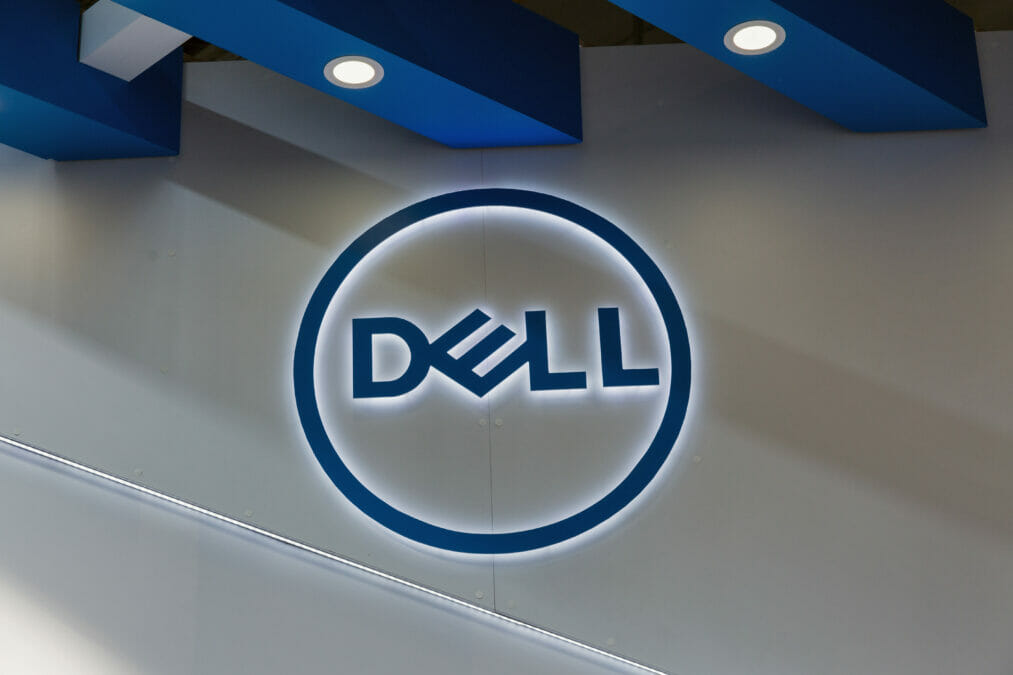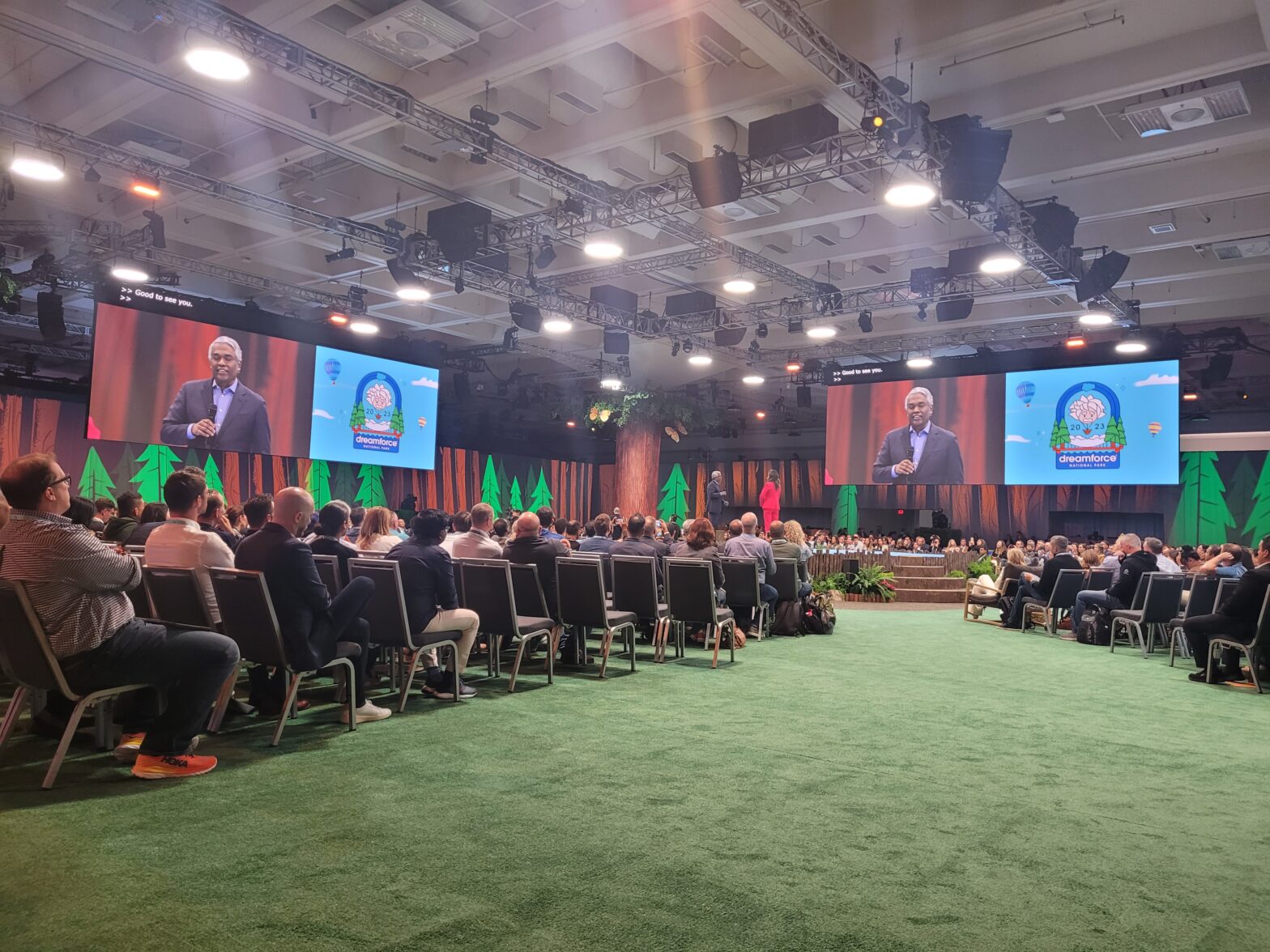Dell Technologies agreed to sell its Boomi cloud business to private-equity firms Francisco Partners and TPG, as part of streamlining plans undertaken by CEO Michael Dell, with the $4 billion deal expected to close by the end of 2021, as reported by Bloomberg.
By reducing its subsidiaries, Dell is looking to reduce dependence on hardware sales and transform into a seller of subscription-based computer services.
Also part of plans on the part of Dell’s executives to trim down its business is the spin-off of its 81% share in VMWare, after which the corporation, alongside private equity partner Silver Lake, is set to own around 52%.
Last year, the company sold cyber security unit RSA to another private equity firm for $2.08 billion.
“Boomi has flourished as part of Dell Technologies, growing exponentially since we acquired them in 2010,” said Jeff Clarke, vice chairman and COO of Dell Technologies, in a press release yesterday.
“This proposed transaction positions Boomi for its next phase of growth and is the right move for both companies, our shared customers and partners.”
Cyber criminals are targeting the cloud — here’s how to defend against them
Following this announcement, Gaurav Dhillon, CEO of Integration Platform-as-a-Service (iPaaS) provider SnapLogic, commented: “I’m not alone when I say that Boomi was always a bit of an odd fit inside Dell. While Dell historically built its successful business in hardware, Boomi’s focus on connecting software apps was perhaps always destined to sit along the edges.
“Hardware and software are different beasts, requiring different development methodologies, sales approaches, and investment strategies. It’s no surprise Dell concluded Boomi might not be a technology match for their new vision forward.
“Credit where it’s due, Boomi was a cloud integration pioneer. But over the past 20 years the game has changed, as have the needs of customers. Integration is no longer the domain of IT only; it has moved out to lines of business – from HR to finance to marketing – to those who use the apps and know the data best.
“These new users want a modern, intuitive, AI-powered user experience in a single unified platform that will address all their enterprise integration needs. And more than that, they want to move beyond the integration of disparate apps and instead automate complete end-to-end workflows and business processes.”







